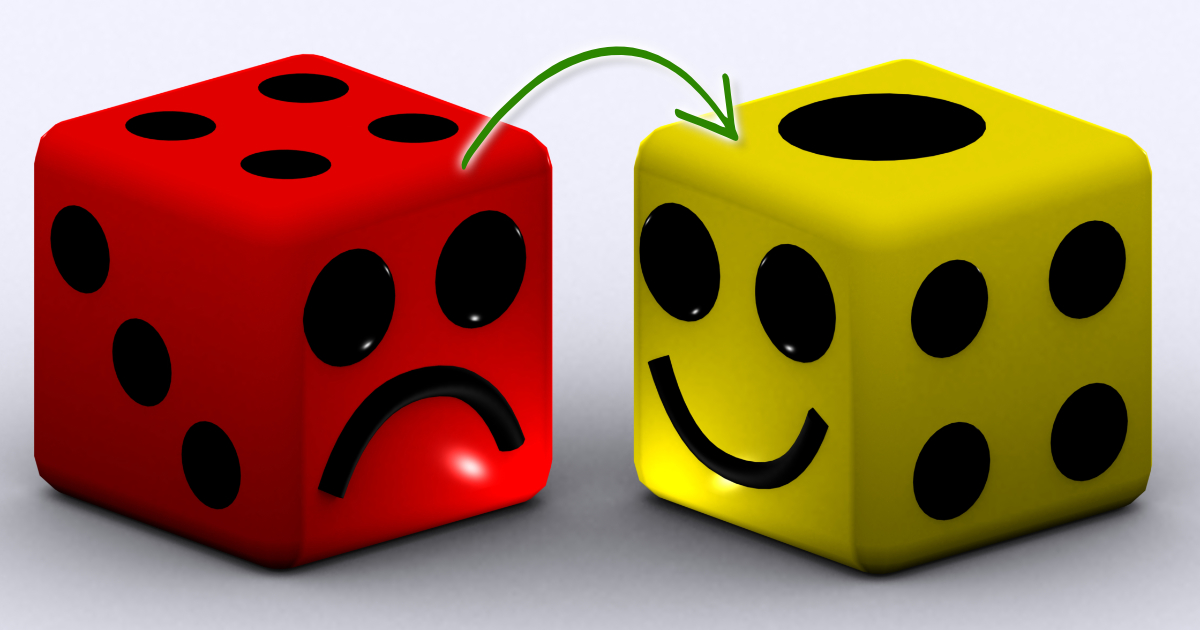Here's the truth about schools and the end of lockdown...
Kids are back in school, but what they're experiencing is anything but ‘normal’.
And we’re hearing from the schools we visit that, after a relatively calm start, the cracks are starting to show.
- Pupils are having their learning disrupted because they’re being told to self-isolate following cases of COVID-19 in their ‘bubble’.
- Social distancing measures mean movement and space are extremely restricted, leading to pupils growing frustrated as the day draws on.
- Additional support to SEN pupils has been scaled back, because staff are being stretched across school to cover staggered timetables, leading to off-task or even disruptive behaviour.
…and that’s without mentioning how our pupils feel about all the strange changes in school.
So how can we help our pupils manage this difficult time (and the difficult emotions they might be feeling)?
Here are 4 great resources that could support your pupils (and you!) with emotional regulation.
1. Improving emotional regulation through exercise
We already know that exercise can be hugely beneficial…and not just because it improves our physical health.
Research has linked regular exercise to better mental wellbeing.
In fact, there's evidence to show it:
- Improves our mood.
- Increases our ability to self-regulate.
- Reduces stress and anxiety.
- Boosts memory and learning.
And in a world where time is precious and external stresses are high, what better than a 7-minute fun workout that can be used at home or at school?
This article from He’s Extraordinary explains why exercise can help us regulate our emotions - and when it should be used - to get the best results.
After reading this, I think we may all be planning to include a seven minute workout in our day… whatever our age!
2. Why saying ‘calm down’ doesn’t work… and what you can do instead
Telling a pupil to calm down when they've lost control of their emotions...
Has that worked for anyone - ever?
(Odds are, it’s more likely to increase your student's frustration – because the phrase ‘calm down’ communicates a lack of empathy for the child’s emotional state.)
If you’re working with pupils who find it hard to regulate their emotions, it's likely you'll need a broad range of strategies to help them get back in control of their feelings and behaviour.
This article by Designs For Education, gives you five other things to do instead of saying “calm down”.
Each of the ideas or activities is simple and can be used in school to support children with their emotional regulation.
We loved how simple the suggested activities were – fun, practical tools to help children identify their triggers and know what helps them get back in control.
3. Meditation for children
We've written about the benefits of meditation and mindfulness before (see our post about The Truth About Mindfulness And Student Resilience) but we wanted to take this opportunity again to highlight how it can be used to help children regulate their emotions.
Mindfulness is all about bringing your attention to what is happening in the moment.
One of its key advantages is it can be done anywhere and at any time - so your pupil doesn't need any equipment to use the technique when they feel stressed or frustrated.
And it can help pupils develop a sense of self-awareness.
Headspace has free resources that are available to teachers and support staff who work in UK primary and secondary schools.
You do need to sign up - but once you do, there are lots of freebies that you can use with your pupils.
We think it's well worth it!
4. Developing a growth mindset – TedTalks to inspire kids!
Here at Beacon School Support, we love a good TedTalk… there's nothing better than watching an expert talking passionately about something that motivates them.
It's contagious!
Childhood 101 has found 10 amazing TedTalks which can help you start a conversation with your class about having a growth mindset.
Although not technically about emotional regulation, the talks explore themes such as perseverance, stamina and overcoming obstacles…
…which are the foundation stones of self-regulation (because they change how we view ourselves, our problems and the outside world).
And they're 100% relevant to the situation we find ourselves in right now.
Definitely a website to visit - especially if you teach (or live with!) secondary aged pupils.

